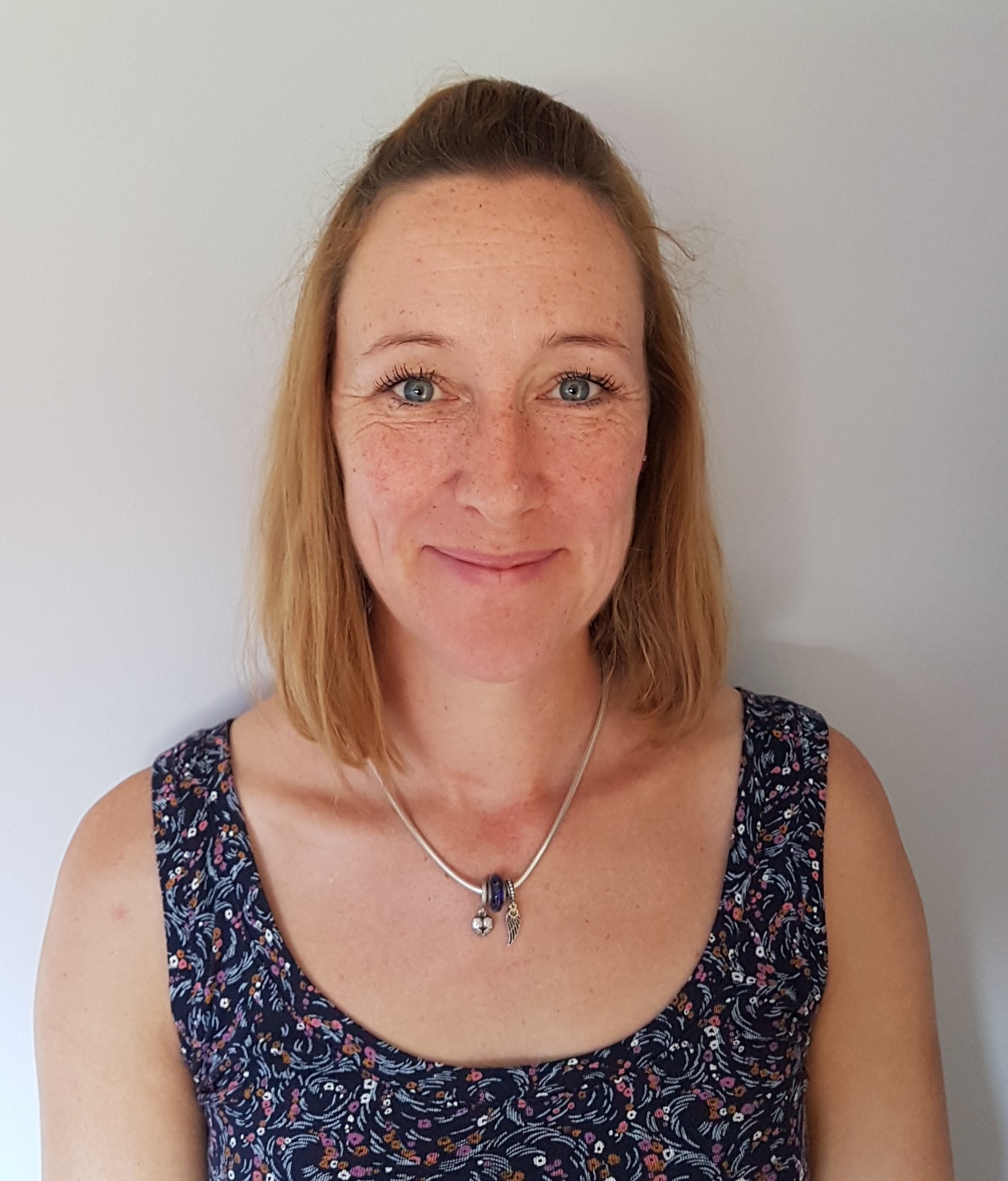My Path in Research – Dr Hayley Alderson
Blog


Dr Hayley Alderson is a Senior Research Fellow, with the NIHR Applied Research Collaboration (ARC) North East and North Cumbria (NENC) and Embedded Children and Families Social Care Local Clinical Research Network (LCRN).
Hayley’s background is in substance misuse, mental health, criminal justice, and emergency social care. Here, she shares her ‘Path in Research’ and some tips for practitioners thinking about taking their first steps in research.
Three words to describe your path in research
Exciting, daunting and thought-provoking.
Tell us about your background
Before I began my career in research, I had 12 years’ experience working within substance misuse, mental health, criminal justice, and emergency social care duty teams.
My work settings included a local authority, magistrates courts and prisons and this offered me some rich insights into the barriers and facilitators of delivering and accessing support in public health and social care.
Tell us about your path in research
I saw an opportunity for a PhD, focusing on the commissioning of alcohol services. At the time, I was working in substance misuse services, and was becoming disillusioned with how services were commissioned and delivered. The PhD offered the opportunity to learn more about the commissioning process, and at this point I still imagined taking the research skills I had learnt back into practice.
Due to my practice background, I had the chance to be involved in research projects as a research interventionist delivering brief alcohol interventions within A&E and police custody settings. This mirrored what I was doing within practice, so felt like a natural step to take.
However, as I continued on my PhD journey, I realised that I had a wealth of experience in multi-agency working, supporting vulnerable individuals, safeguarding, obtaining consent, and public involvement work, and I began to recognise that all these skills were transferrable to the research environment.
On completion of my PhD, I felt that the hybrid of working in practice and becoming a researcher provided me with skills and knowledge to take on roles with vulnerable community groups within the academic environment, and to be involved in studies which were pragmatic and applicable to practice.
I believed that research could provide a platform to share findings that could have a real impact for the end users of services and professionals delivering services, therefore I made the dauting step into academia.
Since 2016, I have been involved in projects as a field researcher, as a co-applicant and I have progressed to being a Principal Investigator (PI) and leading some of my own projects.
The most satisfying part of my role is working closely with frontline practitioners who are positioned to identify the areas of research that are important to them. Working with an eclectic mix of academics, practitioners and public members to develop a research idea, apply for grants and work closely with the team to successfully complete projects is both exciting and satisfying, especially when findings are shared and have the potential to impact on practice.
What are the next steps for you?
I’ll continue to work closely with practice partners and elevate the awareness of research within the social care environment. I also want to continue to improve my research experience by becoming increasingly independent and leading projects. I’d ultimately like to receive a fellowship, that would enable me to have protected time to continue my professional development and gain further research experience.
What are your top tips for practitioners who’d like to get involved in research?
If you’d like to contact Hayley for an informal chat about your next steps in research, you can email her at [email protected]